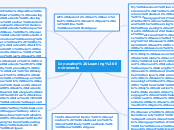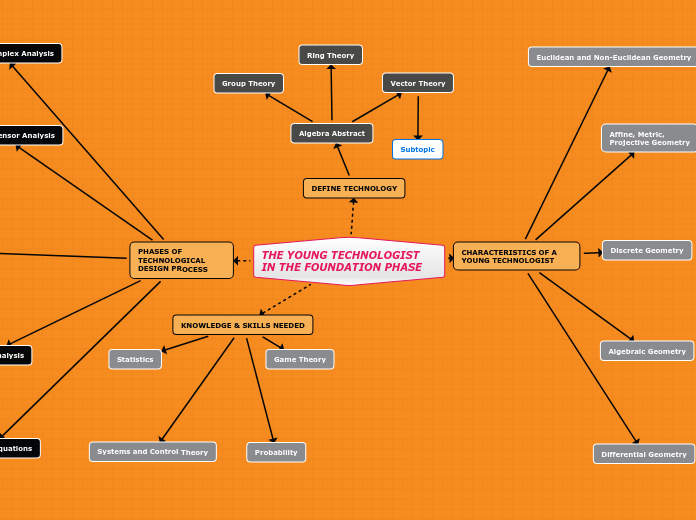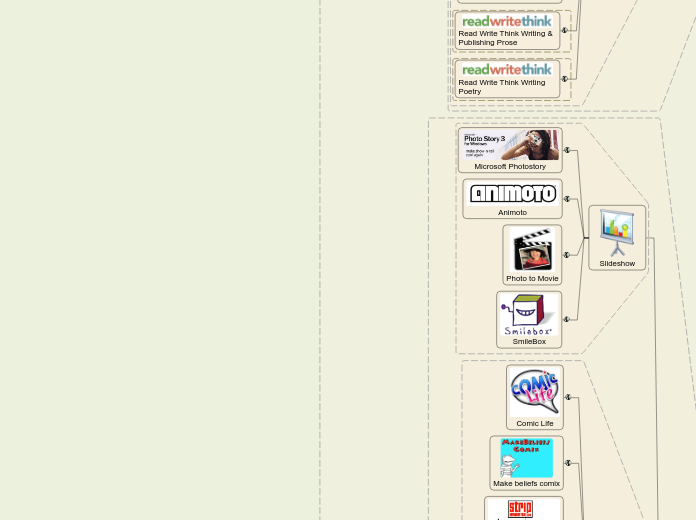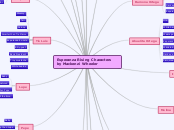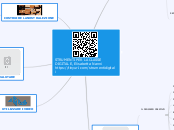af Rema Rodrigues 6 år siden
122
Innovative Learning Enviroments
Creating an innovative and supportive learning environment involves several key elements. Ensuring a positive school climate is paramount, which can be achieved through fostering meaningful relationships between teachers and students.
